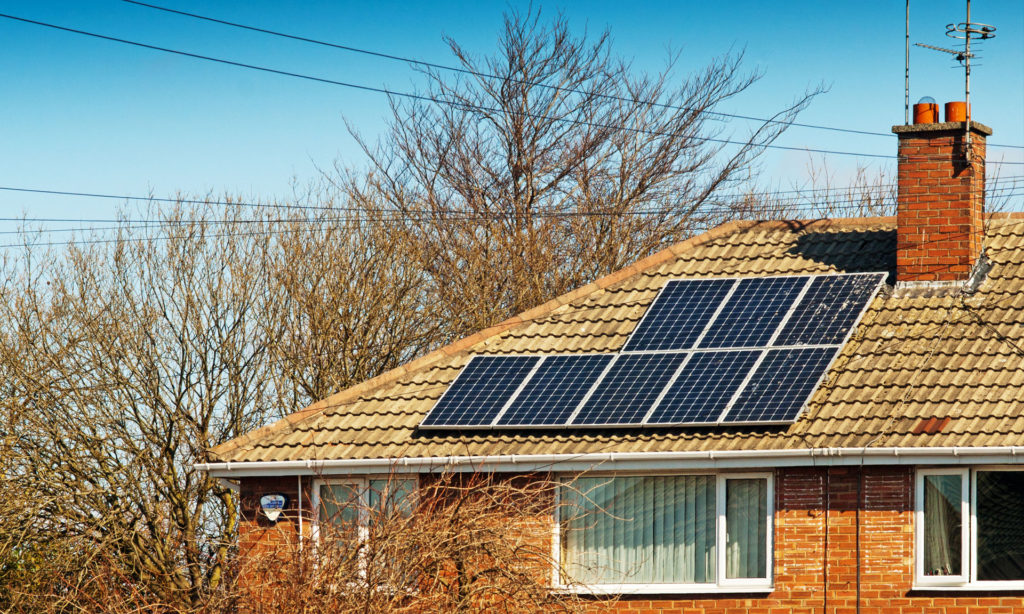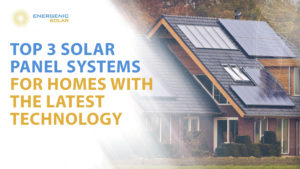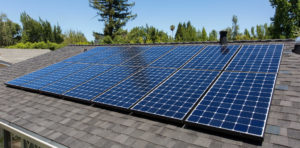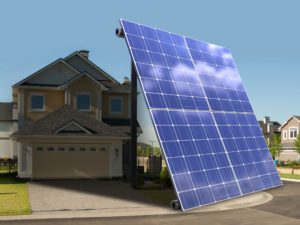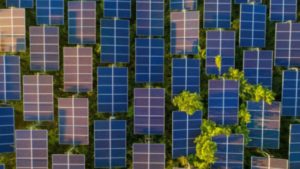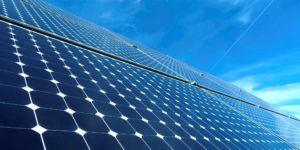Installation of solar panels for your home: all you need to know about solar panels for your house is that green energy is rapidly gaining popularity. Solar is one of the most environmentally friendly solutions available to homeowners. A solar panel is a frame containing electrically linked solar cells that turn sunlight into electricity. Switching to solar energy has many benefits, including the ability to save money while protecting the atmosphere. Still, it also has some drawbacks due to the location of your home and environmental conditions. Let’s look at ten essential facts about solar panels in greater depth:
Everything you need to know about the installation of solar panels for your home in 8 questions
1. Has the price of Solar panels for residential purposes dropped in recent years?
If you’re looking for some optimistic statistics, the cost of solar energy over the last decade is an excellent place to start. In the previous ten years, the cost of installing solar panels in Australia has dropped by approximately 70%. The cost of living in Australia has decreased by 5% in the last year.
2. What is the difference between commercial and residential solar panels?
A commercial solar project might power a town or a company’s operations. Residential solar systems, on the other hand, tend to maintain a constant scale (between 6 and 12 kilowatts on average). Commercial solar, on the other hand, necessitates a significant investment and a collective group of investors.
3. What do residential solar panel systems typically cost?
The answer to this question is dependent on the state and the scale of the system. However, there is information available that can assist you in estimating the cost of solar panels in Australia. The most simple way to estimate the cost of solar energy across various device sizes is in dollars per watt ($/W), which represents how much solar would cost per watt of usable electricity generation. Homeowners will pay an average of $2.81 a week in 2021. To put that figure into context, the average cost of solar in 2008 was just over $8/W. A price of $2.81/W for a typical 6kW system means you’ll spend about $16,860 before tax credits and rebates.
4. Can solar panels stay with the grid? What is net metering?
The vast majority of residential solar systems will be grid-connected. Net-metering is a cost-effective way to answer the issue, “How will I power my solar home at night?” with grid-connected solar. Net metering is a solar incentive that allows you to earn bill credits if your solar system generates more energy than it consumes. You can use those bill credits to offset the cost of your grid energy use when your panels aren’t generating enough electricity.
You won’t even be able to get electricity from your utility if you’re off the grid. This means that if you want to develop an entirely off-grid project, you’ll need energy storage, an extensive solar panel system, and backup power.
5. How much time does a home rooftop solar panel take to install?
The actual installation of your home solar system will only take a few days of work after you’ve met with the installers and done all required site visits and preparation. The exact time depends on several factors. For example, if you set up net metering, that process will track additional time until your panels are adequately connected to the grid. Overall, while the decision process for solar panels can take some time, the installation timeframe is rapid and fairly simple.
6. Can you get a solar panel system for your home if your roof doesn’t qualify?
The list of choices for homeowners who want to go solar but don’t have a suitable roof is perhaps one of the most exciting facets of the residential solar market. Ground-mounted solar panels and community solar gardens are two common ways to harness the sun’s energy without having to install something on your roof. Connecting with members of a party or community to share a solar system is known as community solar. On the other hand, ground-mounted arrays are a simple way to own and install the system without having to deal with any roofing problems.
7. Does solar make sense if I don’t plan on being in my home for 25 years?
“What happens if I move after installing solar panels?” is a common concern between homeowners considering solar. A solar panel system usually lasts 25 to 30 years. You may wonder if solar still makes sense if you don’t plan on owning their homes for that long. The good news is that solar will boost your property’s value and speed up the process of selling it when the time comes. The idea of owning a solar home with zero energy bills has attracted many buyers in the housing market.
8. What percentage of your home can you power with solar electricity?
Ideally, the answer to this question will be 100 percent! While a solar panel system can theoretically cover all of your energy usages, it’s ridiculous to expect that level of panel production every day of the week.

